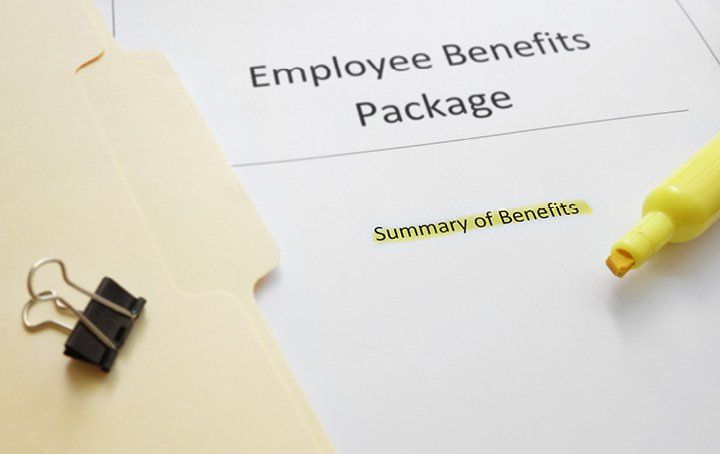The ATO Debt Dilemma

Late last year, thousands of taxpayers and their agents were advised by the Australian Taxation Office (ATO) that they had an outstanding historical tax debt. The only problem was, many had no idea that the tax debt existed.
The ATO can only release a taxpayer from a tax debt in limited situations (e.g., where payment would result in serious hardship). However, sometimes the ATO will decide not to pursue a debt because it isn’t economical to do so. In these cases, the debt is placed “on hold”, but it isn’t extinguished and can be re-raised on the taxpayer’s account at a future time. For example, these debts are often offset against refunds that the taxpayer might be entitled to. However, during COVID, the ATO stopped offsetting debts and these amounts were not deducted. In 2023, the Australian National Audit Office advised the ATO that excluding debt from being offset was inconsistent with the law, regardless of when the debt arose. And by this stage, the ATO’s collectible debt had increased by 89% over the four years to 30 June 2023.
The response by the ATO was to contact thousands of taxpayers and their agents advising of historical debts that were “on hold” and advising that the debt would be offset against any future refunds. These historical debts were often across many years, some prior to 2017, and ranged from a few cents to thousands of dollars. For many, the notification from the ATO was the first inkling they had of the debt, because debts on hold are not shown in account balances as they have been made “inactive”. In other words, taxpayers were accruing debt but did not know as the debts were effectively invisible because they were noted as “inactive.”
In a recent statement, the ATO said: “The ATO has paused all action in relation to debts placed on hold prior to 2017 whilst we review and develop a pragmatic and sensible way forward that takes into account concerns raised by the community.
It was never our intention to cause frustration or concern. It’s important to us that taxpayers have trust in our tax system and our records.”
For any taxpayer with a debt on hold, it is important to remember that just because the ATO might not be actively pursuing recovery of the debt, this doesn’t mean that it has been extinguished.
Small business tax debt blows out
Out of the $50bn in collectible debt owing to the ATO, two thirds is owed by small business. As of July 2023, the ATO moved back to its “business as usual” debt collection practices. For entities with debts above $100,000 that have not entered into debt repayment terms with the ATO, the debt will be disclosed to credit reporting agencies.
If your business has an outstanding tax debt, it is important to engage with the ATO about this debt. Hoping the problem just goes away will normally make things worse.
Need Help with your Business, Bookkeeping, Tax or SMSF requirements?
If you would like a little help, please get in touch with us for assistance. We can help with your business, bookkeeping, tax and SMSF requirements.
Please also note that many of the comments in this publication are general in nature and anyone intending to apply the information to practical circumstances should seek professional advice to independently verify their interpretation and the information’s applicability to their particular circumstances. Should you have any further questions, please get in touch with us for assistance with your SMSF, business, bookkeeping and tax requirements. All rights reserved. Brought to you by RGA Business and Tax Accountants. Liability Limited by a scheme approved under Professional Standards Legislation.Late last year, thousands of taxpayers and their agents were advised by the Australian Taxation Office (ATO) that they had an outstanding historical tax debt. The only problem was, many had no idea that the tax debt existed.















